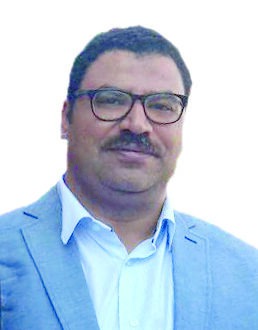The World Health Organisation has taken a long-awaited step to revisit and unlock the potential of ancient, traditional medical practices. For this purpose, the WHO picked India to for its Global Centre for Traditional Medicine, which was launched last week.
According to WHO, the new centre is intended to collect a body of reliable evidence and data on traditional medicine practices and products to draw up standards and advise on the cost-effective use of unconventional cures.
WHO officials say 80 per cent of the world’s population is thought to use traditional medicine, such as herbal mixtures, acupuncture, yoga, ayurvedic medicine and indigenous therapies. Harnessing the potential of traditional medicine would be a game-changer for health when founded on evidence, innovation, and sustainability, they added.
Traditional medicine commonly refers to health practices, approaches, knowledge, and beliefs incorporating plant, animal, and mineral-based medicines, spiritual therapies, manual techniques, and exercises, applied singularly or in combination to treat, diagnose and prevent illnesses or maintain well-being.
In many modern societies, traditional medicine is considered old-fashioned or outdated and not as effective as modern medicine. This may be due to the fact that traditional remedies are not subjected to clinical trials and are poorly characterised, lacking quantitative data identifying important parameters such as optimal doses or its side effects.
However, traditional medicine is, in fact, an important foundation on which modern medicine has been built. According to WHO, 40 per cent of approved pharmaceutical products currently in use derive from natural substances.
Hence, the hypothesis that using modern science in processing the knowledge derived from traditional medicinal practices may increase the possibilities for drug discovery and the use of plants in the treatment of a wide array of conditions.
The choice of India for the new centre is the culmination of effort and investment in traditional medicine. The country not only is steeped in medical traditions, but it also boasts an abundance of medical herbs. It has a ministry responsible for developing education, research, and propagation of indigenous and alternative medicine systems in India. India has put $250 million into the new centre.
The new centre could be the ideal meeting-point for experts from other countries with rich medical heritage such as Egypt and China to share their troves of centuries-old prescriptions.






Discussion about this post